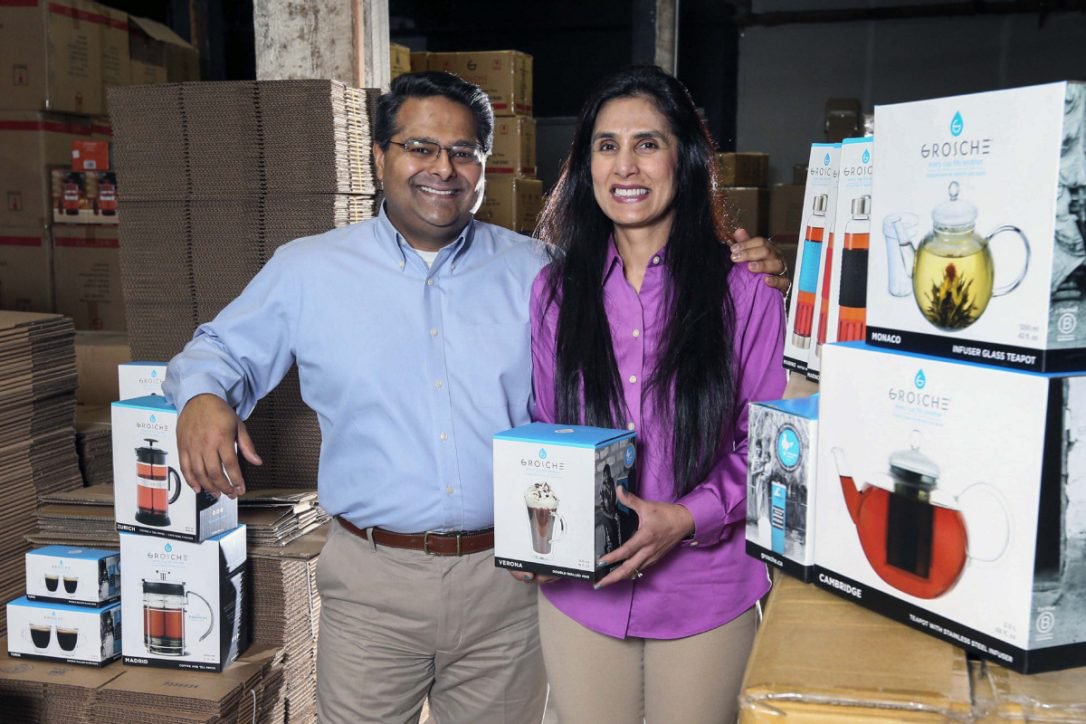We’re celebrating International Women’s Day and Women’s History Month by shining the spotlight on five environmentalists who inspire us.
Women of color are impacted by environmental issues like water pollution and climate change impacts at disproportionate rates as a result of systemic inequity and injustice.1 Racism and a lack of access to education, economic status, and health resources often leave women and people of color out of the conversations and decisions that impact them the most, specifically about land use, natural resources, and environmental policy.
Despite these challenges, women of color continue to create powerful and lasting change in their own communities and abroad.
We thank the environmentalists and activists who continue to fight for what is right despite facing opposition for their bold ideas and for simply being who they are. Women and girls are leaders in their communities and agents of change. Supporting and listening to them will benefit the health of our planet and people for generations to come.
Get to know five environmentalists who have an inspiring legacy of activism.
Wangari Maathai (1940 – 2011), Kenya
Founder of the Green Belt Movement, which has planted over 51 million trees, Professor Maathai focused on environmental conservation and women’s rights. She studied biology in her undergraduate and graduate school programs and later won the Nobel Peace Prize for her vast contributions to sustainable development.
View this post on Instagram
Berta Isabel Cáceres Flores (1971 – 2016), Honduras
Berta Cáceres was an indigenous environmental justice activist and grassroots leader who created the National Council of Popular and Indigenous Organizations (COPINH) in Honduras. She fought courageously against illegal and harmful mining and logging as well as the construction of a dam that would cut off water, food and medicine for the indigenous Lenca people. Cáceres Flores was tragically murdered in 2016, sparking international outrage. The Cáceres family continues to demand justice for this corrupt violation of human rights. 2
View this post on Instagram
Isatou Ceesay (b. 1972), The Gambia
Isatou Ceesay is known as the Queen of Recycling in The Gambia, and rightfully so. Though she was kept from finishing school, she created the Njai Recycling and Income Generation Group, which turns plastic bag waste into purses, creating revenue streams for local women. Ceesay also educates and empowers women through environmental advocacy.
View this post on Instagram
Winona LaDuke (b. 1959), White Earth Indian Reservation
Founder of the White Earth Land Recovery Project and Honor the Earth, LaDuke is an environmentalist and political activist with Indigenous communities. She focuses on sustainable development, renewable energy, climate change, and environmental justice. The White Earth Land Recovery Project is one of the largest non-profit organizations in the United States dedicated to recovering original land and maintaining tribal food, water, and energy rights. Follow Winona on Twitter and Instagram.
View this post on Instagram
Vanessa Nakate (b. 1996), Uganda
Vanessa Nakate founded The Rise Up Movement and uses her voice and platform to share stories about activists in Africa who are striking due to inaction against the climate crisis. Recently, she spoke at the COP25 event in Spain (the United Nations Climate Change Conference) and joined dozens of youth climate activists from around the world to publish a letter to attendees of the World Economic Forum in Davos urging them to take immediate steps to prevent further harm. Follow Vanessa on Twitter and Instagram.
View this post on Instagram
About the author: Mariana Estrada is a digital advocacy intern at Heal the Bay. She grew up in Boyle Heights, Los Angeles where she enjoys a lively community of close-knit families and great food. She became interested in environmental issues like air quality at an unusually young age due to living in the city. Estrada’s area of focus is combining humanities and environmental issues to create effective and meaningful storytelling that renders real results. She studies English Literature and double-minors in Environmental Systems and Society and Environmental Engineering at UCLA.
1 Gender and climate change-induced migration: Proposing a framework for analysis. Author Namrata Chindarkar. Published by School of Public Policy, University of Maryland, College Park, USA. Published on 22 June 2012. Retrieved from https://www.researchgate.net/publication/254496452_Gender_and_climate_change-induced_migration_Proposing_a_framework_for_analysis
2 Berta Cáceres: 2015 Goldman Prize Recipient South and Central America. Published by The Goldman Environmental Prize. Retrieved from https://www.goldmanprize.org/recipient/berta-caceres/







